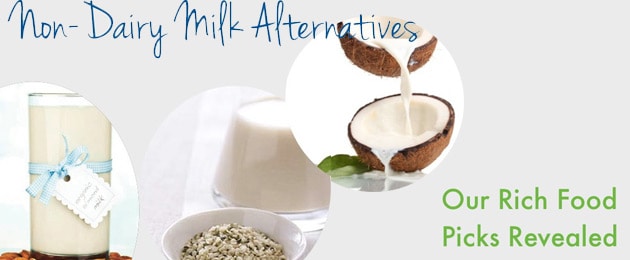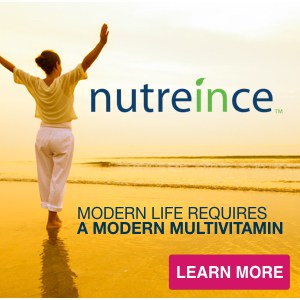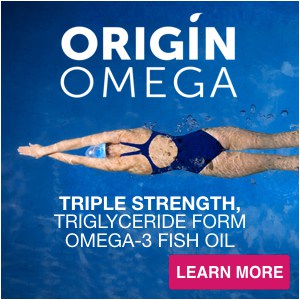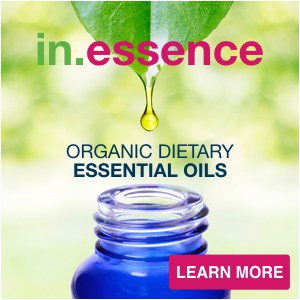Dietary preferences or a general intolerance to dairy have led many people in search of milk alternatives. To meet the new demand, more than six hundred dairy alternative drinks were launched in 2010 alone. These non-dairy milks soak, cook, blend and strain a variety of non-dairy ingredients, including soy, rice, hemp, almonds, and coconut to produce a product that, for the most part, looks and functions like real milk, Once packaged in shelf stable boxes and cans and stocked on low shelves in obscure aisles, today non-dairy milk alternatives have clamored their way into the organic and refrigerated “dairy” aisles of most grocery stores. While some of these products are made with objectionable ingredients and should be avoided, many non-dairy milk products offer outstanding health benefits.
If you're in the market for a dairy alternative, we've outlined a few of our favorites that will help you make the best Rich Food picks possible. While the appeal of each type of non-dairy milk may be different, there are some unwanted food additives that pop up in several kinds of non-dairy milks. Heads up!
Almond Milk
If you're lactose of soy intolerant and want a product containing no saturated fat or cholesterol while delivering a creamy, nutty, taste than look no further than almond milk. It is also low in calories and contains a terrific blend of micronutrients, including selenium, manganese, potassium, iron, zinc, phosphorus, calcium, vitamin E, and omega-6. But almond milk unfortunately is not picture perfect. Two stealth Poor Food EMDs, phytic acid and tannins, lurk within. Additionally, while omega-6 is an essential fatty acid, it is one that our modern diet often supplies too much of. Drinking an excess of alined milk could deliver more of the inflammation causing omega-6s than you want, especially if you are deficient in anti-inflammatory omega-3s. Finally, almond milk may not be safe for people who have nut allergies, one of the most common allergies in the United States.
Hemp Milk
Although hemp milk is made from cannabis seeds, the same as marijuana, the milk doesn't have any of the drug's psychoactive side effects. It is recommended for individuals with nut, soy, and lactose allergies who are looking for a product that contains both omega-3 and omega-6 fatty acids. Hemp milk has a 3-to-1 ratio of omega-6 to omega-3. While this ratio falls within the recommended guidelines of most nutritionists, we recommend that you strive to achieve a ratio closer to 1 to 1. The Standard American Diet can deliver a pro-inflammatory omega-6:omega-3 ratio of 20 to 1 or worse. It should be noted that omega-3 in hemp is ALA, the only form of omega-3 found in plants, and doesn't have all the great benefits of omega-3 fish oils, which naturally contain the other forms of omega-3, EPA and DHA. Hemp is thought not to contain any of the EMDs (phytic acid, oxalic acid, or tannins) and is an excellent source of magnesium, which puts hemp near our top pick. Both original and flavored hemp beverages are often loaded with sweeteners and thickening agents, so read labels carefully and try to find organic brands from reputable companies.
Coconut Milk
Perhaps the sweetest and creamiest option in the non-dairy milk category – and our personal favorite – is coconut milk! Coconut milk naturally boosts the immune system by means of its great micronutrient content (including calcium, magnesium, potassium, phosphorus, manganese, copper, zinc, iron, selenium, and vitamins C and E). The manganese in coconut is great for diabetics, while the potassium in coconut milk can aid in lowering blood pressure. This milk alternative contains a type of MCT (medium-chain triglycerides), which are anti-viral and anti-bacterial. What's more, MCTs are converted almost immediately into energy, so they are less likely to be stored as body fat and can actually assist in the metabolism of stored fat. So many great benefits – which is why we are cuckoo for coconuts! As with the other milk alternatives, all of the refrigerated coconut beverage companies sneak in sugars, preservatives and thickeners. There are better more additive free products in the shelf-stable area, but not all of the use BPA-free packaging, so beware!
To find out more of our RICH FOOD picks grab your copy today
And to find FREE coupons for these micronutrient RICH FOODS visit our Rich Food Resource Center here











